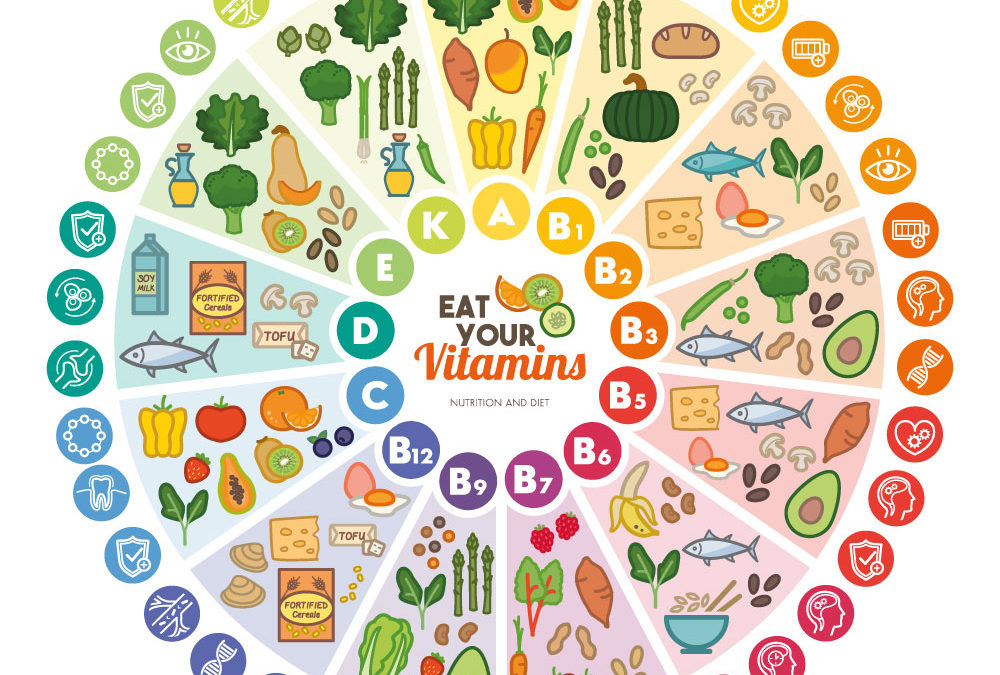June 30, 2015 | Community News, Meyer News, News, reading, Research News
July 1, 2015 • Everyday we learn more about how the gut microbiome may influence health. Our gut microbial community—a super-organism, with trillions of members—has been associated with obesity, diabetes, cancer, heart disease, and immune disorders, and even moods. These findings have generated enormous enthusiasm among researchers and the lay public, as they suggest a largely untapped area for health-promoting interventions. One mechanism through which the gut microbiome may affect health is through the metabolism of food and nutrients.
June 2, 2015 | Community News, News, Research News
June 2, 2015 • Dr. Warrier joins the NRI this month as our newest faculty member. Her research focus is the “browning” of fat and its effects on metabolism and obesity.
May 30, 2015 | soundbite-enews, Soundbites
June 16, 2015 • This month’s SoundBites features an article that describes how your genetic makeup effects your nutritional needs, everything you’ve ever needed to know about vitamin supplementation, and introduces our newest faculty member, Manya Warrier, Ph.D.

May 26, 2015 | Community News, News, Research News
May 27, 2015 • A vitamin is an organic compound that cannot be made by the human body, but is a required nutrient vital for its various functions. Vitamins are needed in only limited amounts and thus are traditionally derived from our diet. And, yet, nearly half of the U.S. population takes multivitamin supplements—even in times of financial downturn. In 2010 the U.S. supplements industry reached $28 billion in annual sales. And, although no clear scientific need has been defined for vitamin supplementation, the most common reason for taking vitamins is a desire to “improve” or “maintain” overall health, according to a poll conducted by the National Institutes of Health in 2013.
April 30, 2015 | Community News, News, Research News, soundbite-enews, Soundbites
May 6, 2015 • May 2015’s SoundBites features: Renowned Nutrition Scientist Speaks on Longevity; Nutrient Bar Results in Broadscale Health Improvements After Only Two Months; Eat More Produce, Reduce Cancer; and the Lettuce Eat Café
April 29, 2015 | Community News, News, Research News
May 1, 2015 • A fruit-based micronutrient and fiber-dense supplement bar (the “CHORI-bar”), conceived by Drs. Bruce Ames and Mark K. Shigenaga at Children’s Hospital Oakland Research Institute (CHORI), was shown in clinical trials to improve metabolism in overweight/obese (OW/OB) otherwise healthy adults in ways that are consistent with reduced risk of type 2 diabetes and cardiovascular disease. Consumption of the bar for two months also reduced chronic inflammation, and initiated a reduction in weight and waist circumference. Decreased inflammation and improved weight and weight distribution can lower the risk of many chronic diseases.
April 6, 2015 | Community News, Kohlmeier News, News, Research News, Zeisel News
April 6, 2015 • We rely on our physicians to heal us when we are ill, but more and more, we are needing a trained reliable source of sound nutritional advice when it comes to preventing illness or getting healthy after disease strikes. Until recently most medical doctors in this country were barely trained in the science of human nutrition.
March 30, 2015 | Community News, News, Research News, soundbite-enews, Soundbites
April 22 • April 2015’s edition of SoundBites features: The Folic Acid Dilemma, Appetite for Life Lecture, Liver Cancer Report Reveals New Links, Training Your Doctor in Nutrition, and 2015 ISNN Congress.

